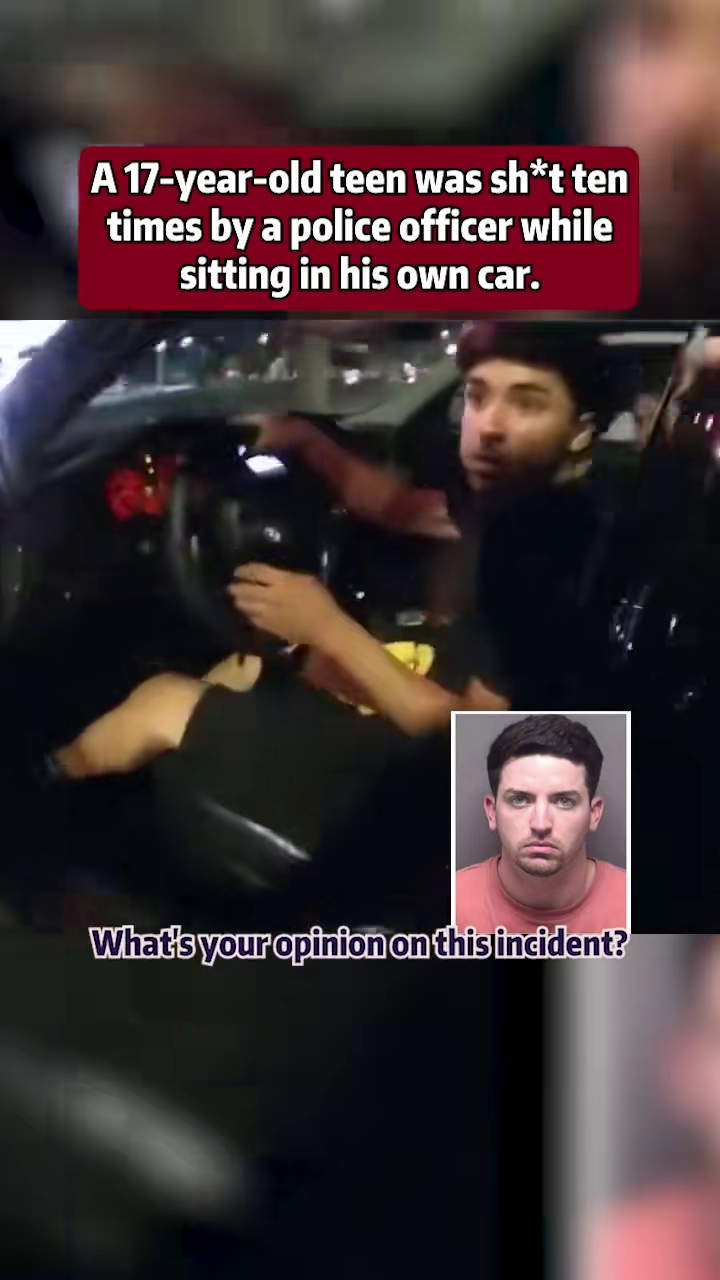A routine traffic stop in Jacksonville, Florida, has turned into a nationwide debate after a viral video captured an officer smashing a driver’s window and punching him in the face.
The man in the video, identified as William McNeil Jr., was pulled over by the Jacksonville Sheriff’s Office for allegedly driving without headlights. But McNeil insists it was broad daylight and that the stop was unjustified.
In the footage, McNeil can be seen recording on his phone and calmly asking officers to call a supervisor — a request that, within seconds, escalates into chaos. One officer shouts for McNeil to exit the car. When he doesn’t, the officer smashes the driver’s side window, throws punches, and drags McNeil out of the vehicle.
The video spread rapidly across social media, drawing millions of views and igniting heated discussions about police conduct and citizens’ rights.
McNeil’s attorney called it a “clear case of excessive force,” stating that McNeil posed no threat and was merely exercising his constitutional right to question the stop.
“He was scared — not violent,” the lawyer said. “Breaking glass and punching him in the face over a headlight? That’s not law enforcement, that’s abuse.”
The Jacksonville Sheriff’s Office, however, defended the officers’ actions, arguing that McNeil refused multiple lawful commands to exit the vehicle and failed to provide his license and registration — which, under Florida law, can amount to resisting arrest without violence.
In response to public outcry, the department released bodycam footage, though the angle doesn’t fully capture the physical altercation.
An internal investigation is now underway to determine whether the officer violated department policy.
Civil rights advocates have since rallied behind McNeil, claiming the video represents a pattern of escalating force over minor traffic stops, particularly involving nonviolent citizens.
Legal experts say the case underscores a complex question:
While officers can use force to enforce compliance, was smashing a window and striking the driver truly necessary — or a violation of civil rights?
The answer may depend on how the courts interpret “reasonable force” — a term that’s increasingly being challenged in the age of viral police encounters.

